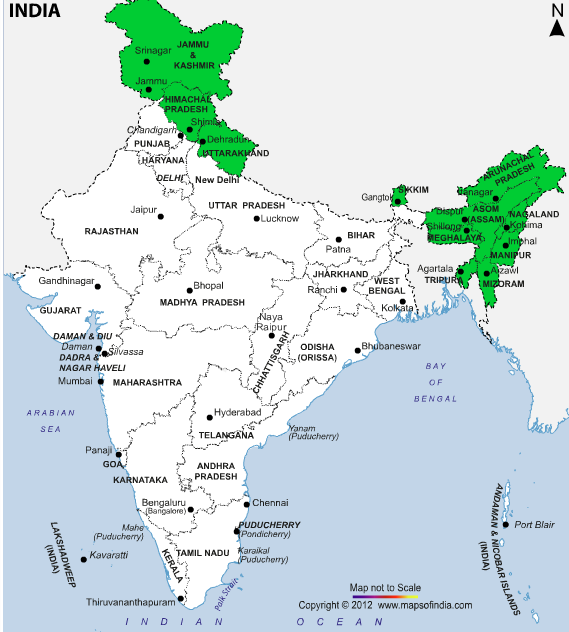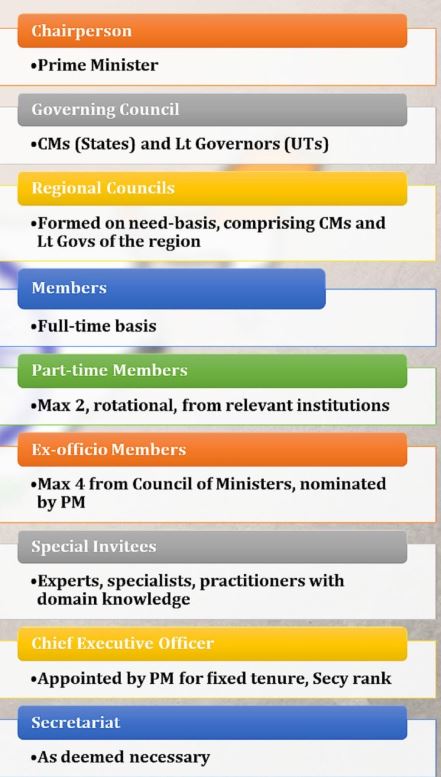Attorney General of India
- Article 76 has provided for the office of the Attorney General for India
- He is the highest law officer in the country.
Appointment and Term
- Attorney General (AG) is appointed by the President.
- He must be a person who is qualified to be appointed a judge of the Supreme Court. In other words, he must be a citizen of India and he must have been a judge of some high court for five years or an advocate of some high court for ten years or an eminent jurist, in the opinion of the president.
- Term of office of the Attorney General is not fixed by the Constitution. Further, the Constitution does not contain the procedure and grounds for his removal. He holds office during the pleasure of the president. This means that he may be removed by the president at any time. He may also quit his office by submitting his resignation to the president. Conventionally, he resigns when the government (council of ministers) resigns or is replaced, as he is appointed on its advice.
- Remuneration of the Attorney General is not fixed by the Constitution. He receives such remuneration as the President may determine.
Duties and Functions
As the chief law officer of the Government of India, the duties of the Attorney General include the following:
- To give advice to the Government of India upon such legal matters, which are referred to him by the president.
- To perform such other duties of a legal character that are assigned to him by the President.
- To discharge the functions conferred on him by the Constitution or any other law.
President has assigned the following duties to the Attorney General
- To appear on behalf of the Government of India in all cases in the Supreme Court in which the Government of India is concerned.
- To represent the Government of India in any reference made by the president to the Supreme Court under Article 143 of the Constitution.
- To appear (when required by the Government of India) in any high court in any case in which the Government of India is concerned.
Rights and Limitations
- In the performance of his official duties, the Attorney General has the right of audience in all courts in the territory of India.
- Further, he has the right to speak and to take part in the proceedings of both the Houses of Parliament or their joint sitting and any committee of the Parliament of which he may be named a member, but without a right to vote.
- He enjoys all the privileges and immunities that are available to a member of Parliament.
Following limitations are placed on the Attorney General in order to avoid any complication and conflict of duty
- He should not advise or hold a brief against the Government of India.
- He should not advise or hold a brief in cases in which he is called upon to advise or appear for the Government of India.
- He should not defend accused persons in criminal prosecutions without the permission of the Government of India.
- He should not accept appointment as a director in any company or corporation without the permission of the Government of India.
However, the Attorney General is not a full-time counsel for the Government. He does not fall in the category of government servants. Further, he is not debarred from private legal practice.
Solicitor General of India
- In addition to the Attorney General, there are other law officers of the Government of India. They are the solicitor general of India and additional solicitor general of India. They assist the Attorney General in the fulfilment of his official responsibilities.
- It should be noted here that only the office of the Attorney General is created by the Constitution. In other words, Article 76 does not mention about the solicitor general and additional solicitor general.
The Attorney General is not a member of the Central cabinet. There is a separate law minister in the Central cabinet to look after legal matters at the government level.




